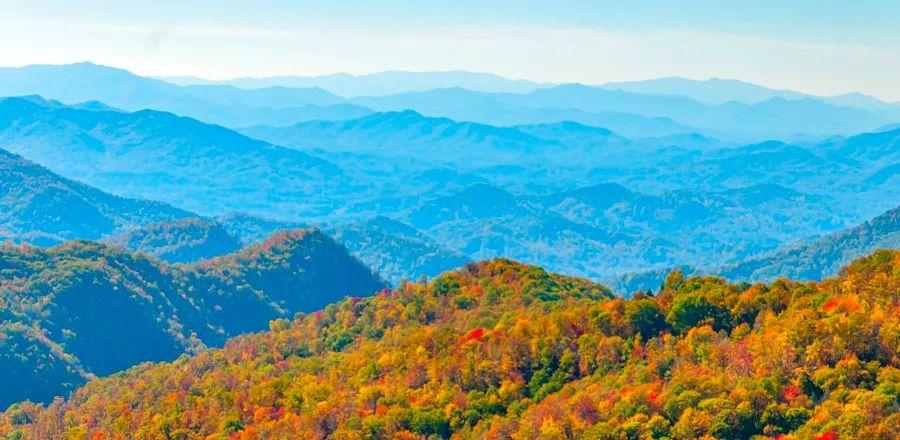America’s Most-Visited National Park to Increase Fees Next Year

Starting March 2023, Great Smoky Mountains National Park will raise camping fees and require visitors to obtain parking passes, with proceeds allocated for park maintenance and proper staffing of this highly popular destination straddling North Carolina and Tennessee.
“We take immense pride in being the nation’s most-visited national park, but this status puts significant pressure on our infrastructure,” Superintendent Cassius Cash stated in a press release. “Now, we will have ongoing resources to ensure this treasured place is safeguarded for visitors to enjoy for generations to come.”
In addition to its breathtaking mountains, the park boasts over 850 miles of hiking trails, nearly 20,000 species of wildlife, plants, and fungi, and is conveniently located within a day’s drive from two-thirds of all U.S. states, further enhancing its appeal.
Reasons Behind the Fee Increase at Great Smoky Mountains National Park
The park reports a 57 percent increase in visitation over the past decade. In 2021, it welcomed a record 14.1 million visitors (for context, Yellowstone had 4.8 million, Grand Canyon 4.5 million, and Yosemite approximately 3.2 million). Despite this surge, the park’s operational budget has not kept pace, and the heightened traffic is beginning to take a toll, causing wear and tear on aging facilities and placing undue pressure on limited staff.
Updated Parking Fees
The revised fee structure will take effect on March 1, 2023. Daily parking passes will be priced at $5, or $15 for a week. An annual pass will also be available for $40. These passes can be purchased at the park’s entrance, but staff recommend that visitors buy them online in advance.
Due to certain deed restrictions and federal regulations, the park cannot impose a toll or entrance fee. Thus, parking passes serve as a workaround. However, Cash clarified that those merely passing through or parking for under 15 minutes will not need a pass.
“If you stop by the visitor center to use the restroom, you don’t need a pass,” Cash informed the Associated Press. “We aim to cover the costs of services utilized, not to charge every vehicle excessively. If you want to pause at an overlook for a beautiful selfie, you can certainly do that.”
Updated Camping Fees
Backcountry camping fees will rise to $8 per night, capped at $40 per person. At designated campsites, prices will increase to $36 per night for sites with electrical hookups and $30 for those without. Rates for group camps, picnic pavilions, and day-use cabin rentals will also see a rise. Full details on the new fee structure can be found on the park’s website.
This reporting includes contributions from the Associated Press.
Evaluation :
5/5



